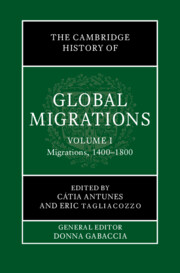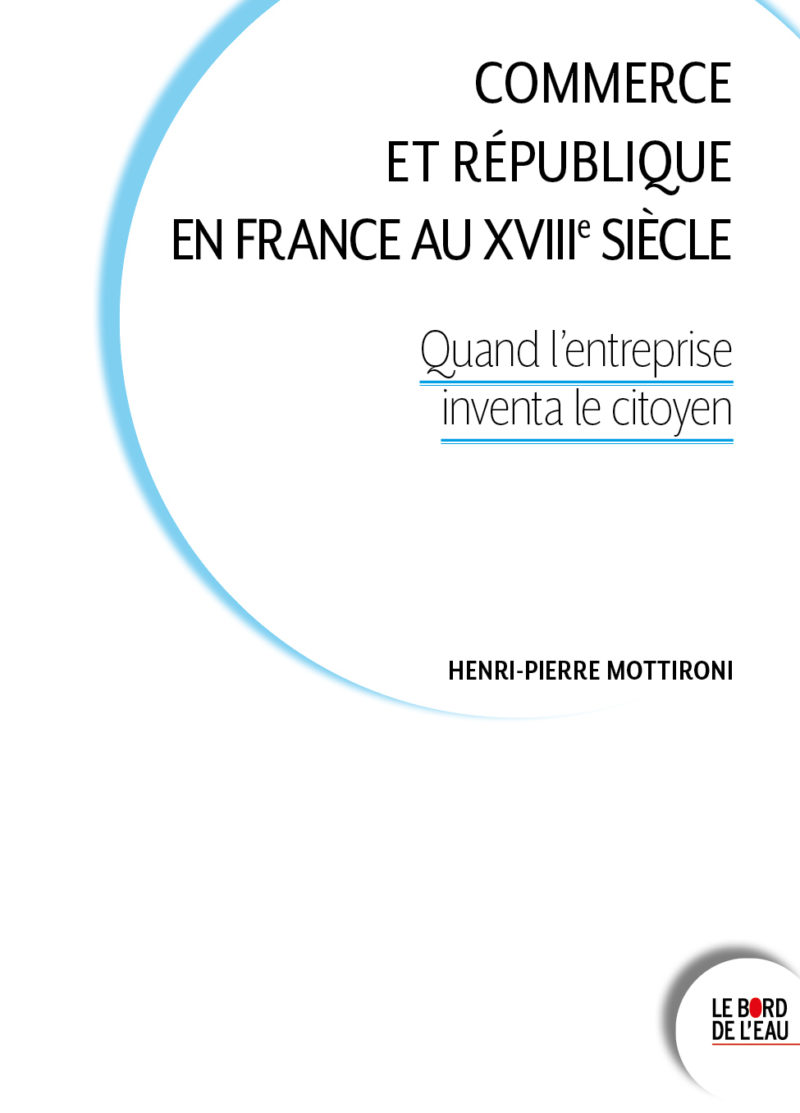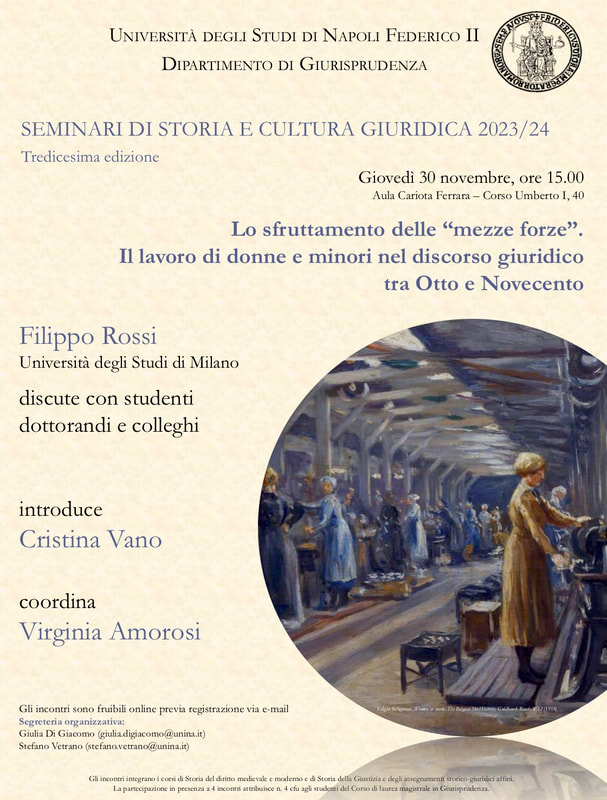Volume I documents the lives and experiences of everyday people through the lens of human movement and mobility from 1400–1800. Focusing on the most important typologies of pre-industrial global migrations, this volume reveals how these movements transformed global paths of mobility, the impacts of which we still see in societies today. Case studies include those that arose from the demand of free, forced and unfree labour, long and short distance trade, rural/urban displacement, religious mobility and the rise of the number of refugees worldwide. With thirty chapters from leading experts in the field, this authoritative volume is an essential and detailed study of how migration shaped the nature of global human interactions before the age of modern globalization.
Table of contents:
Introduction Cátia Antunes and Eric Tagliacozzo
Part I. Slavery/Forced Migration:
1. Slavery, captivity and mobilities in the early modern Mediterranean Guillaume Calafat and Mathieu Grenet
2. Africans on the move: the transatlantic slave trade Damian Alan Pargas
3. Debt, bondage and indentured labour in land and maritime empires Alessandro Stanzani
Part II. Long Distance Trade:
4. Long-distance trade, the Pacific Paul D'Arcy
5. Long-distance Japanese trade in the early modern era Adam Clulow
6. Long-distance trade and migration in Central Asia, 1500-1850 Magnus Marsden
Part III. Short Distance Trade:
7. Maritime migrations of the Eastern Mediterranean and the Black Sea Gelina Harlaftis and Katerina Galani
8. Mobility and migration around the Bay of Bengal David Ludden
9. Early modern Japan: a state with limited migration Robert Hellyer
Part IV. Migration by Land:
10. Indigenous mobility in the lowlands of South America Cristina Pompa
11. Chinese expansion in eighteenth-century central Eurasia Peter C. Perdue
12. Persianate peregrinations: elite migration in Eurasia, from the eleventh to nineteenth centuries James Pickett
Part V. Migration by Sea:
13. Western European long-distance movements Erik Odegard
14. Emigration, displacement, and forced migration in Indian Ocean Africa Jeremy Prestholdt
15. Migration by Sea in the Arabian Sea and the Persian Gulf, 1700–1800 Seema Alavi
Part VI. Rural/Urban Migrations:
16. Urban migration and gender diversity in Eurasia, 1600–1800 Manon van der Heijden
17. Urbanization and emigration in Coastal South China Steven Miles
18. Migration in Colonial Latin America Roberta Stumpf
Part VII. Labour Migration:
19. The globality of the Local – (Im)Mobilizing labor regimes under early capitalism and European colonial expansion Matthias van Rossum
20. Afro-India migrations and the Indianization of East Africa 5000 BCE to 1900 CE Nidhi Mahajan
21. Labour migration in Sub-Saharan Africa Before 1800 Filipa Ribeiro da Silva
Part VIII. Settler Migration:
22. North America: migrations and settlement (c. 1600 – c. 1800) Bertrand Van Ruymbeke
23. Turkish migrations in the Greater Turkic-Speaking World, 1450–1830 Suraiya Faroqhi
24. Dynamics of mobility and settlement in Africa: the horn of Africa, 13th – 19th Centuries Deresse Ayenachew Woldetsadik
Part IX. Religious Migrations:
25. Early modern diasporas Natalia Muchnik
26. Religious components of Southeast Asian migration Francis R. Bradley
27. Migrant clerics going East and West José Pedro Paiva
Part X. Refugees:
28. Refugees in Europe and the Atlantic World Geert H. Janssen
29. 'Mongol' and 'Manchu' and the great conquest enterprises of Eurasia, 1200–1800 Pamela Kyle Crossley30. Refugees in Africa (1490–1820) Rémi Dewière.
On the editors:
Cátia Atunes is Professor of History and Global Economic Networks at Leiden University. She has published, edited, and translated monographs and articles on the exploitation of early modern empires and the transition from colonialism to imperialism. She is co-editor, with Francisco Bethencourt, of Merchant Cultures: A Global Approach to Spaces, Representations and Worlds of Trade, 1500–1800 (2022).
Eric Tagliacozzo is John Stambaugh Professor of History at Cornell University. He is the director of the Comparative Muslim Societies Program at Cornell University. His book Secret Trades, Porous Borders: Smuggling and States Along a Southeast Asian Frontier, 1865–1915 (2005)won the Harry Benda Prize from the Association for Asian Studies (AAS).
Contributors:
Cátia Antunes, Eric Tagliacozzo, Guillaume Calafat, Mathieu Grenet, Damian Alan Pargas, Alessandro Stanzani, Paul D'Arcy, Adam Clulow, Magnus Marsden, Gelina Harlaftis, Katerina Galani, David Ludden, Robert Hellyer, Cristina Pompa, Peter C. Perdue, James Pickett, Erik Odegard, Jeremy Prestholdt, Seema Alavi, Manon van der Heijden, Steven Miles, Roberta Stumpf, Matthias van Rossum, Nidhi Mahajan, Filipa Ribeiro da Silva, Bertrand Van Ruymbeke, Suraiya Faroqhi, Deresse Ayenachew Woldetsadik, Natalia Muchnik, Francis R. Bradley, José Pedro Paiva, Geert H. Janssen, Pamela Kyle Crossley, Rémi Dewière
Read more here: DOI 10.1017/9781108767095.














